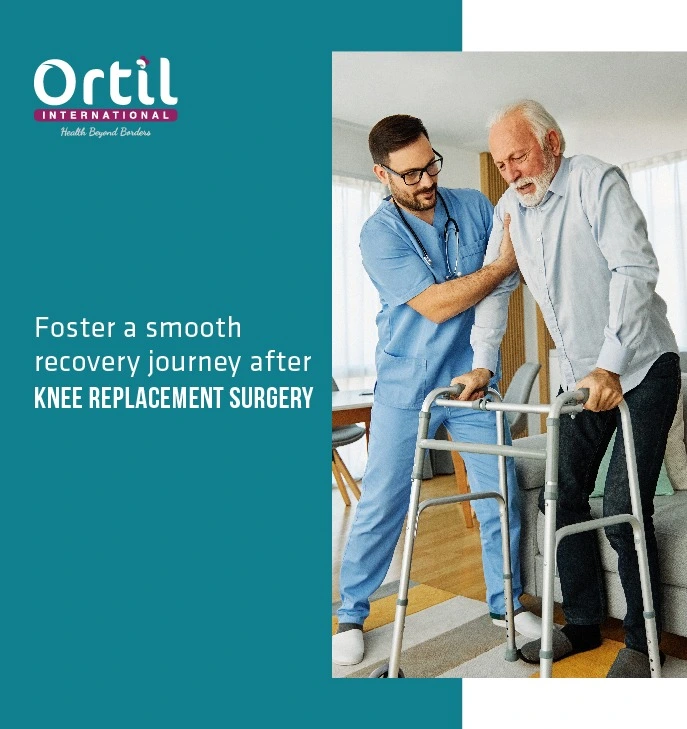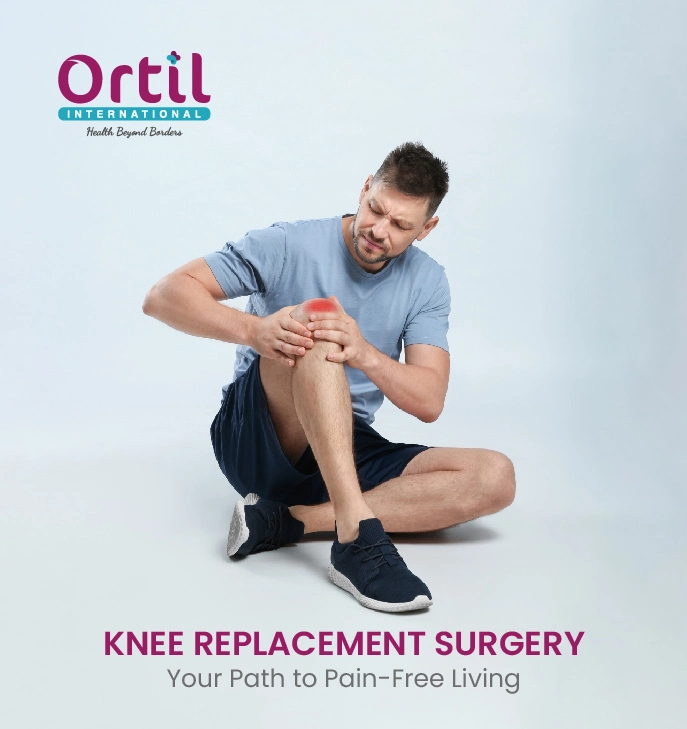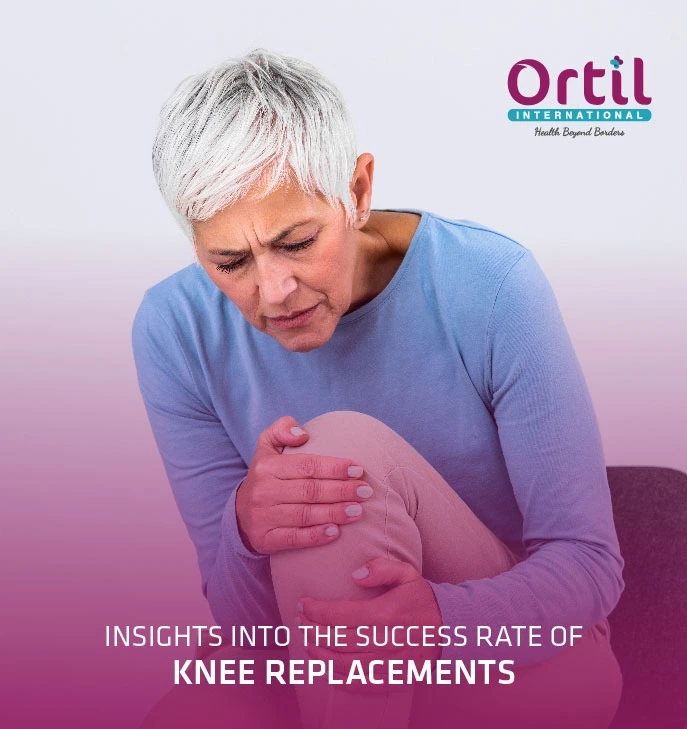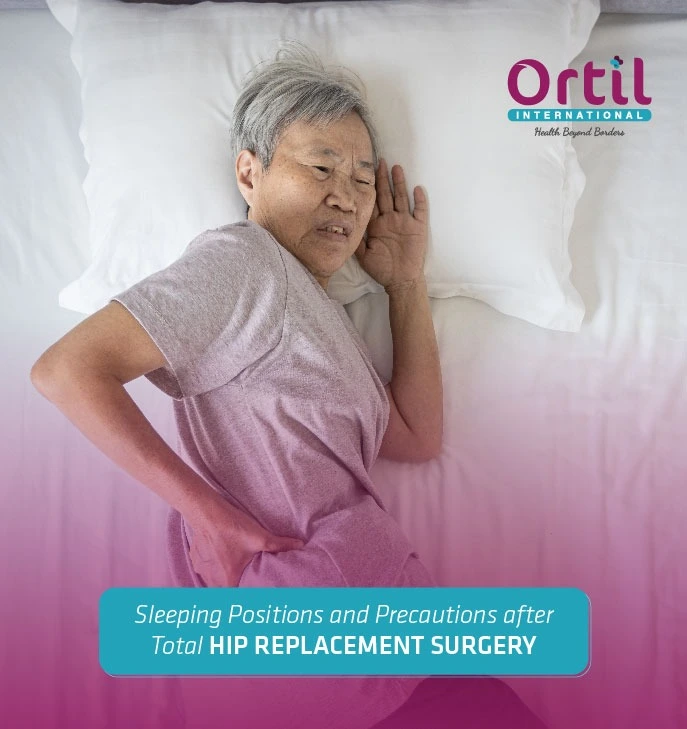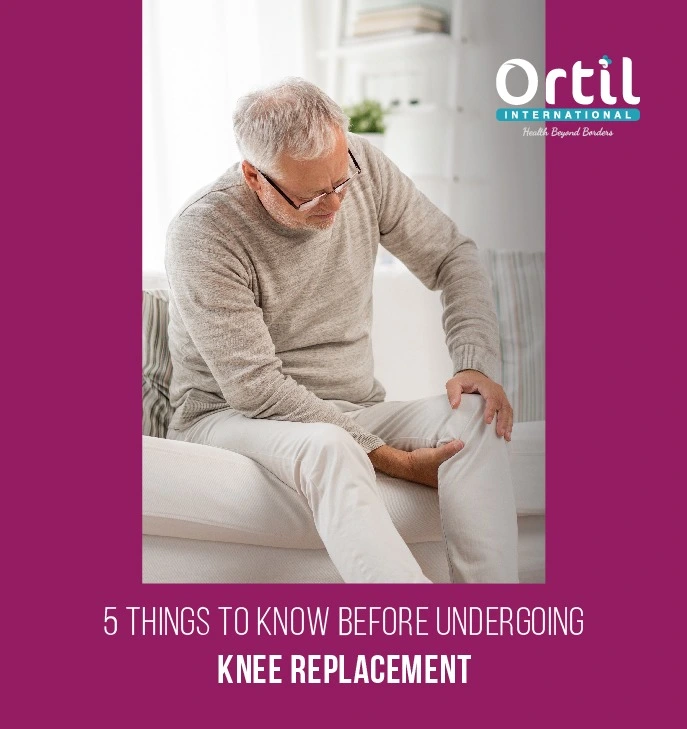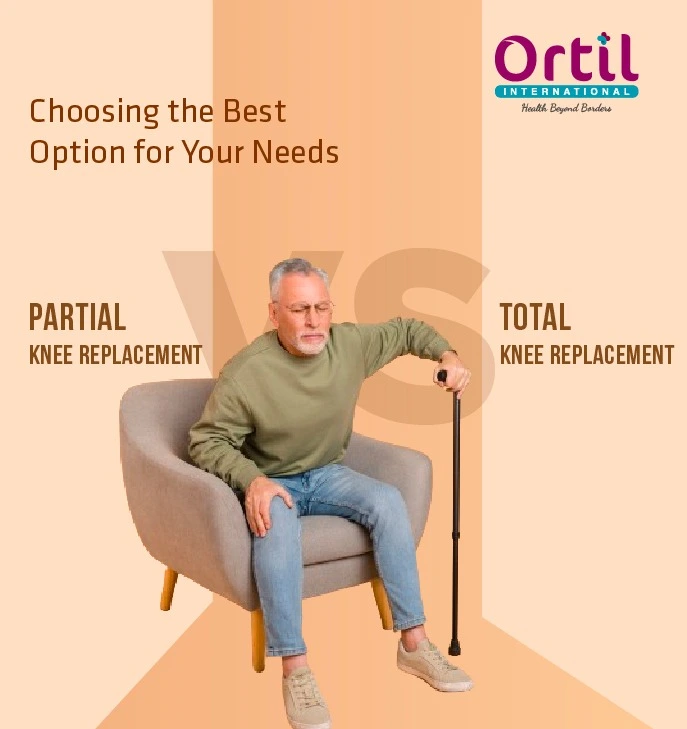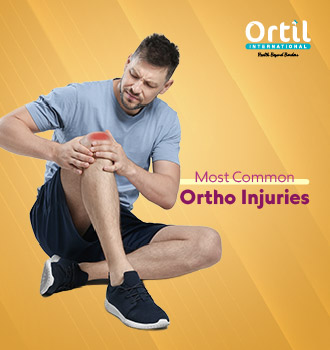How Can You Recover after Knee Replacement Surgery?
Knee Replacement surgery is one of the major surgeries in which a knee joint is partially or completely replaced with an artificial implant or prosthesis. Knee replacement surgery recovery time involves several weeks to months, but the patient's condition before surgery usually determines the recovery period. It also depends on the age and general health of a patient.
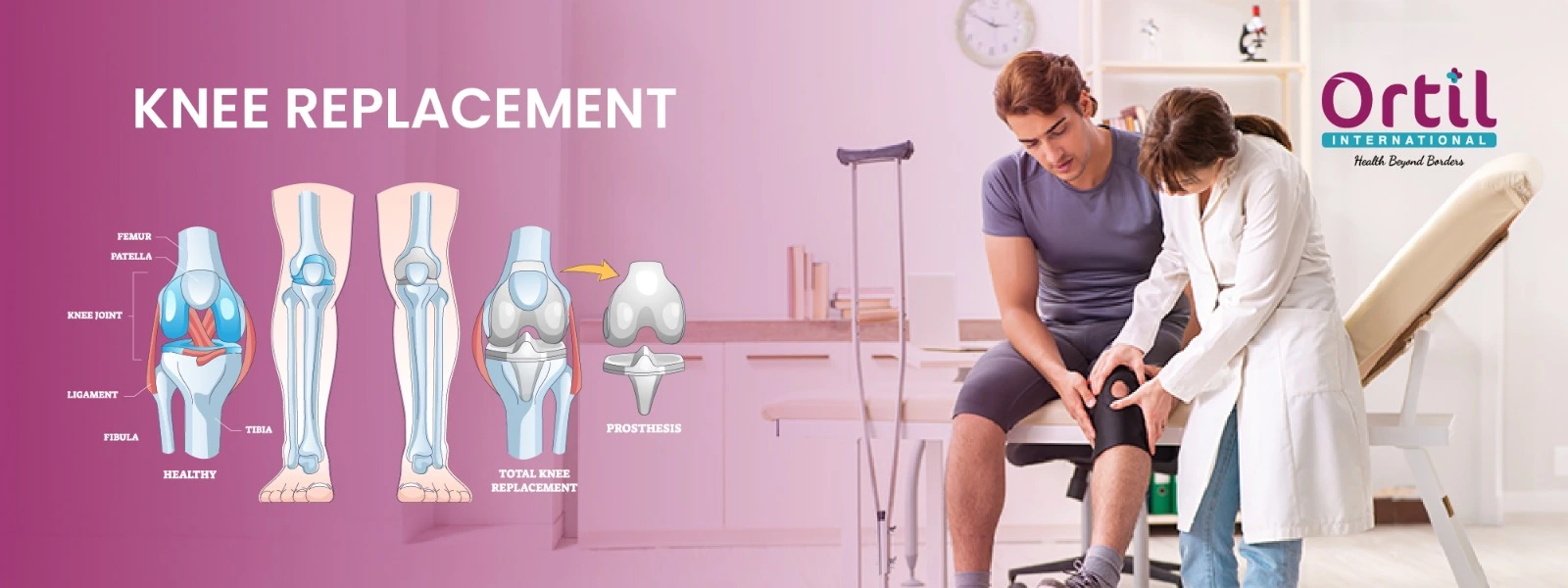
The recovery time for each type of knee replacement can be different. Partial knee replacement requires less time for complete recovery than total knee replacement. This is because the extent of damage is less in partial knee replacement than in total knee replacement.
Expectation after Knee replacement surgery
Life after knee replacement can be challenging, but it is not impossible to speed up the recovery by following the proper instructions of your doctor. The recovery after knee replacement starts right after the procedure, and it involves hospital recovery and then home recovery. Some of the essential points of the recovery period are described below:
Recovery in Hospital
Recovery in the hospital involves medications, early mobility, teaching home-based restriction activities, and physiotherapy. Usually, patients are discharged from the hospital after a day or two after the knee replacement surgery. In this period, the recovery involves:
Medications : You may be given many medications right after the procedure. These medications help prevent infection and blood clot formation, which can lead to complications in the recovery period.
Pain Management : Patients feel irritation and discomfort after the procedure because of the pain, so painkillers are used for some days after the surgery. Pain can severely affect a patient's sleep and can create complications in the recovery, so it is crucial to manage pain after knee replacement.
Early Mobility : Early mobility also helps decrease pain complications and increase the range of motion after the surgery. Walking the same day after knee replacement helps prevent blood clots in the legs, which can complicate the condition.
Physiotherapy : Physiotherapy starts on the same day and involves range-of-motion exercises, isometrics, and patient positioning. Patient education is also part of the program to help them manage the possible complications.
Preparing the patient to go home : The physiotherapist and occupational therapist guide the patients in activities of daily living and guide the home exercises, which can help them recover soon.
Positioning : Positioning of a leg is an essential part of the recovery, and doctors guide to avoid certain positions or bending legs more than a specific level. It helps to minimize the chances of complications.
Recovery at Home
After 3 to 5 days, the patient is discharged from the hospital, and the recovery period continues. The essential points regarding recovery at home are described below:
Discharge Instructions : Take guidance and consult with your doctor to thoroughly understand the recovery and care after the knee replacement.
Pain Management at Home : Doctors usually prescribe medications to control pain. However, mobility and daily exercise can also help to reduce pain and enhance sleep.
Wound Care : Changes in the wound dressing are also a part of the recovery. You should take care of the wound and immediately consult your doctor if you see any signs of infection.
Activity Modification : Patients should follow the instructions of occupational therapists and physiotherapists to avoid any complications due to over or under-activity.
Assistive Devices : Patients can use walkers or crutches to help them independently walk after the knee replacement.
Physical Therapy Exercises : Physiotherapy exercises are the most essential part of recovery. They can help patients recover faster, improve quality of life, and maintain general health.
Follow-Up Appointments : You should visit your doctor according to the scheduled follow-ups.
How Long Does it take to Recover from a Knee Replacement?
The knee surgery recovery time differs for every patient because each patient has a unique disease presentation. Even patients with the same type and stage of disease can have different recovery periods. The recovery after knee replacement depends on many factors, such as:
- Age : Younger patients can heal faster and have less recovery period than people of old age.
- Overall health : If the patient's general health is good, they may require less time to recover after the knee replacement procedure.
- Pre-existing medical conditions : If you have other medical conditions, such as hypertension and diabetes, you may need more time for proper recovery.
- Weight : It is very important to manage weight because overloading the joint can cause complications in recovery.
- Physical therapy : Patients who take 3-4 sessions of physical exercises a week are more likely to recover soon than patients who do not follow these instructions.
- Surgical technique : The type of surgical technique also determines the recovery time because partial knee replacement requires less time for recovery than total knee replacement.
- Implant type : The implant used in the surgery also determines the patient's recovery after knee replacement.
- Surgeon's experience : The skill and expertise of a surgeon in performing the procedure causes less damage to the tissues in the surroundings, which can be beneficial in recovery.
- Post-operative care : The degree and level of care after a knee replacement procedure can also be a point to determine recovery time.
- Others : Other important factors that can enhance the recovery time after knee replacement involve nutritional status, activity level, mental attitude, follow-up, pain management, home environment, and support system.
Pain Management after Knee Replacement
Knee replacement recovery time generally involves several weeks or months, and it can be challenging. Healing after knee replacement involves proper care, and most patients complain of pain. Fortunately, pain after knee replacement can be managed with medications and mobility. It may be a problem for some patients who experience severe knee pain after the surgery and find it difficult to rest. They also have a low quality of life due to pain and lack of sleep. For such patients, it is important to manage the pain using the following methods or by combining two or more. Some strategies are:
- Medications
- Ice therapy
- Elevation
- Compression
- Physical therapy
- Transcutaneous electrical nerve stimulation (TENS)
- Acupuncture
- Heat therapy
- Massage therapy
- Relaxation techniques
- Mindfulness and meditation
- Topical creams or patches
- Assistive devices to reduce the load on the joint
- Injections
Conclusion
The recovery experience can differ for each patient after knee replacement surgery. Recovery involves many vital aspects, such as medications, physiotherapy, activity limitations, and wound care. Pain management is the most essential part of recovery, and proper guidance from the patient may be needed to manage this complication at home.
FAQ's of Recovery after Knee Replacement
What is the Fastest Way to Recover from a Knee Replacement?
Take medications, physiotherapy sessions, and follow-up to recover faster from a knee replacement surgery.
How Long Does it usually take to Walk after Knee Replacement?
Doctors recommend standing the same day after surgery and walking with assistance, but this depends on the patient's condition.
How Long is Bed Rest after Knee Replacement?
Patients can take bed rest according to their needs, but they are encouraged to start mobility as soon as possible and increase their activity level daily.
Can you Climb Stairs after Knee Replacement?
Most patients can climb stairs without restriction after knee replacement, but it takes proper guidance from a doctor.
What Can I Do to Help My Recovery after a Knee Replacement?
To help you recover after a knee replacement, follow your doctor's instructions, take medications, and exercise regularly.










